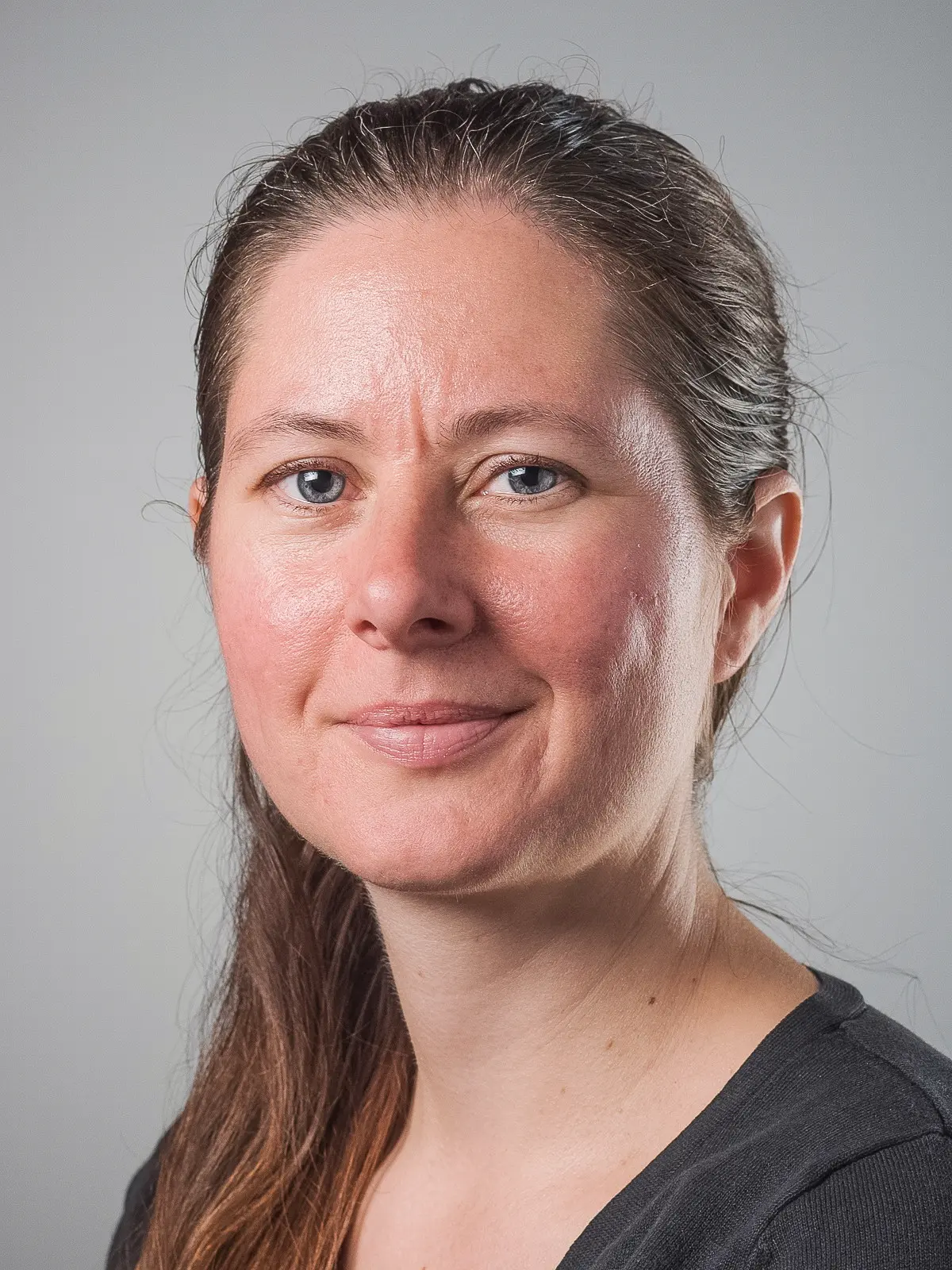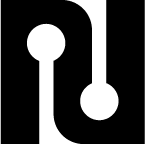
|
Dr. Gunnveig Grødeland, Research Group Lead, Influenza and Adaptive Immunity, Institute for Clinical Medicine, University of Oslo
about NLSDays’ Vaccine Crosslinks: From Cancer to COVID super session
interviewed by Chelsea Ranger, Senior advisor, SwedenBIO
|
You have worked for many years in immunology, vaccinology, and pandemic preparedness – and throughout this pandemic, you have been a face of information and reason for Norwegians. Tell us about how the past two years have impacted you and where you hope to see your role develop?
It has been very nice to see the population’s interest for learning more about how the immune system works, and what the vaccines actually do. This increased knowledge should form the basis for informed choices regarding vaccination also in the future. For me, it has been an important goal to enable rational choices by providing information that is balanced and based on the latest science available. As we are entirely dependent on population trust in science for quenching or remedying also the next viral emergence, I believe it to be key that information is not exaggerated in any direction. I hope that I will be able to continue contributing more knowledge and perspectives that can aid society in preparations for also future viral threats with a pandemic potential, and also for future vaccine implementation and developments.
|
How open do you feel the current channels of information and knowledge exchange between academic and industry, or between the fields of infectious disease, immunology, and oncology today? To better opening those channels, what would that look like to you?
This is a question with many answers. Firstly, there are several meeting places and channels already in place to foster knowledge exchanges between academia and industry. At the University of Oslo we have, as examples, the SPARK Norway program aiming to promote commercialization of research by forming formal relationships between innovation projects and mentors from industry. Also, we have the more informal joint meeting place of the Growth House, where students and researchers both will be exposed to experiences from and with industry, and that can also form early-stage partnerships. However, we may become better at using the available channels, particularly for early-stage projects that may be interesting for future commercialization. Perhaps we could also be better at providing students with the opportunity of performing defined projects with industry to diminish the current gap.
Secondly, I think we need to realize that the fairly artificial divide between industry and academia is just that. While there are indeed differences with respect to how we work, our joint basis is the creative mind with a mission. Promoting independence for students is in my opinion also to enable creative minds with good ideas to utilize these for the benefit of society. More specifically, to see the student as an active partner in academia rather than just a receiver of new information is in my opinion also to enable the drive and motivation needed for pursuit of a good innovation idea.
|
We look forward to having you join us at NLSDays this year, to share your experience and learnings. What do you hope to learn during the conference and what thoughts would you like to share with our entrepreneurs?
I hope to learn more about innovation strategies and experiences in the Nordic region, and find the good examples that can inspire further efforts. For early-stage companies and entrepreneurs my general tip will be to set the bar high (based on rational considerations, of course). If you aim for the sky and reach only half-way to heaven, that is still super cool. Should you fail, then at least you tried, and hopefully got a lesson that will be very useful for the next attempt.
|
Thank you so much Gunnveig and see you in Malmö!
|
 Super Session 3 Super Session 3
28 September 2022
Vaccine Crosslinks: From Cancer to COVID
|
|